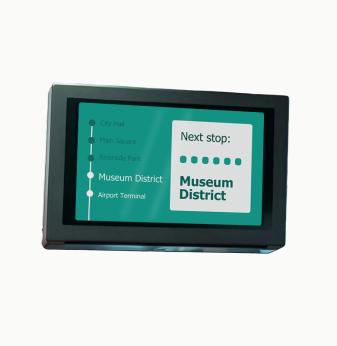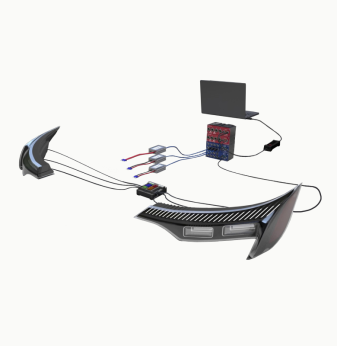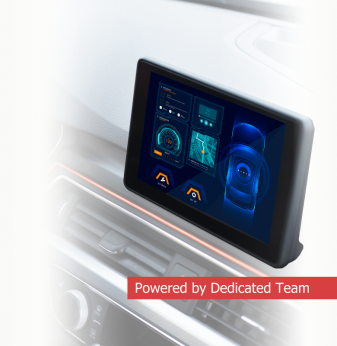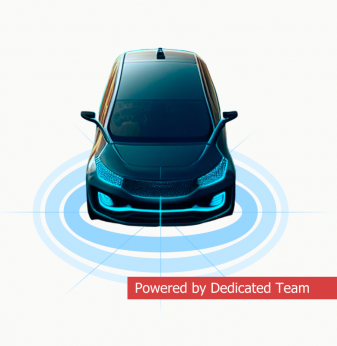OCPP Implementation: Protocols 2.0.1 Edition 3 and 1.6 for EV Charging Stations
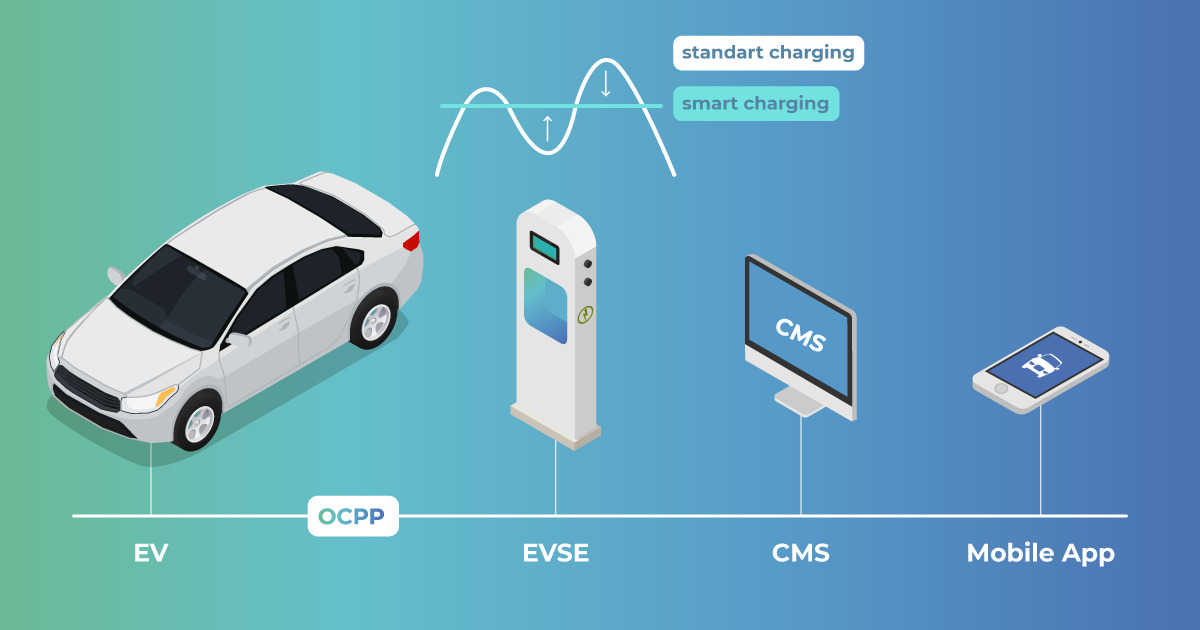
Despite the widespread adoption of the latest OCPP 2.0.1 Edition 3, the previous release – OCPP 1.6 – is still used for charging infrastructure solutions. Whatever OCPP implementation is required for your project, we are ready to meet this challenge. In this article, we share the key features and benefits of the OCPP protocol and a case study of our client — the American company Proterra.
OCPP is an application-layer protocol responsible for communicating charging infrastructure with its central control system. It supports different CSMS manufacturers.
OCPP Versions: 1.6 vs 2.0.1 Edition 3
Currently, the most popular versions of the OCPP protocol are the 1.6 and 2.0.1 releases, including Edition 3.
OCPP 1.6 is an early version that provides basic functions for communication between charging points and control systems.
The next version 2.1 includes a few improvements from 1.6, like advanced transaction management, security features, and an error handling mechanism. But that's not all. The second version also includes device management, smart charging, remote firmware updates, and – one of the most important features – integration with ISO 15118 for bidirectional charging!
Updates in the 3rd edition of the OCPP 2.0.1 specification aim to improve the protocol's implementation, certification, and overall adoption, which is crucial for the electric vehicle charging ecosystem. The OCPP 2.0.1 certification program allows users to verify their protocol implementation consistently, and the new test cases help users understand how to prepare for the certification process.
In the table below, we outlined the key features of OCPP 2.0.1 compared to 1.6 and additional features of the third edition:
| Updated OCPP 2.0.1 Features Included in the Original 1.6 Release | New OCPP 2.0.1 Protocol Features | Updates in the 3rd edition of OCPP 2.0.1 |
|
|
|
Case Study
Promwad helps its clients to integrate both protocol versions. Commissioned by American company Proterra, we implemented OCPP in the device firmware to control electric discharge systems using Open OCPP.
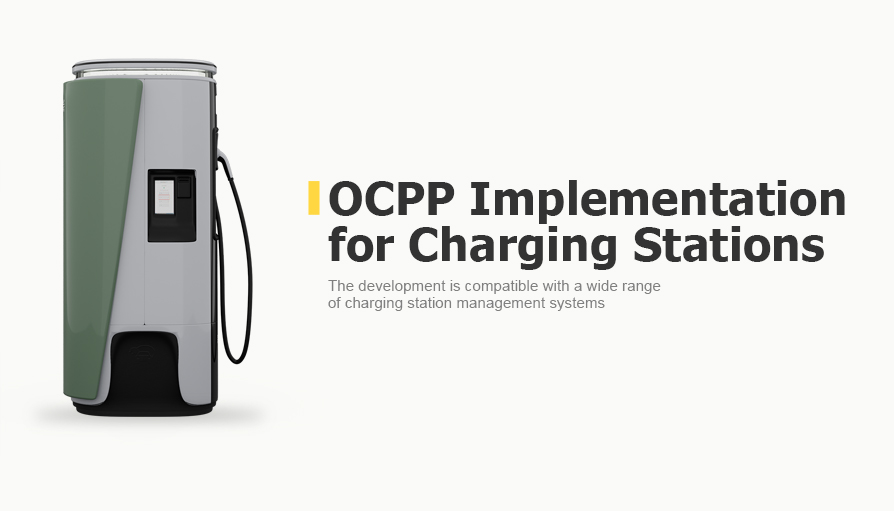
As a result, Prottera's OCPP-compliant software by has become compatible with various charging station management systems (CSMS). Now, users of this engineering solution can manage charging stations from different manufacturers, creating a flexible and versatile infrastructure.
Summing Up
The OCPP protocol helps to solve the compatibility problem between charging stations and their management systems from different manufacturers. Currently, charging infrastructure owners use OCPP 1.6 software for their equipment and are gradually moving to OCPP 2.0.1 edition 3.
Version 1.6 is quite capable. It contains the basic functions that ensure the correct operation of charging stations. However, OCPP 2.0.1 and its latest edition offer additional features: smart charging, increased security, and no additional user authorisation via bank cards or applications.
Which protocol is best to use in your project depends on your requirements. Tell us about your challenges, and we will help you choose the best solution.

